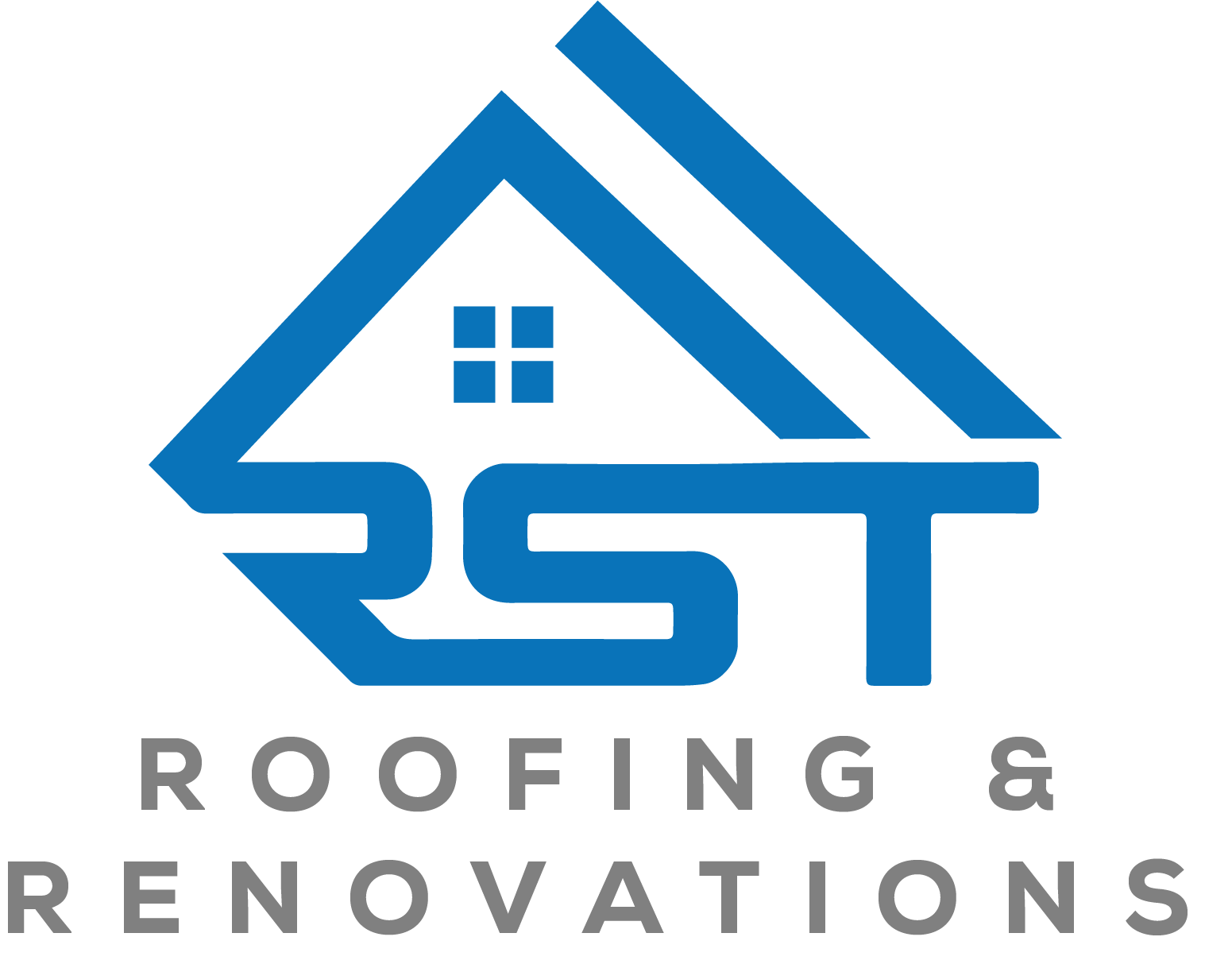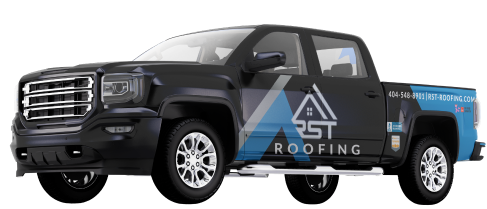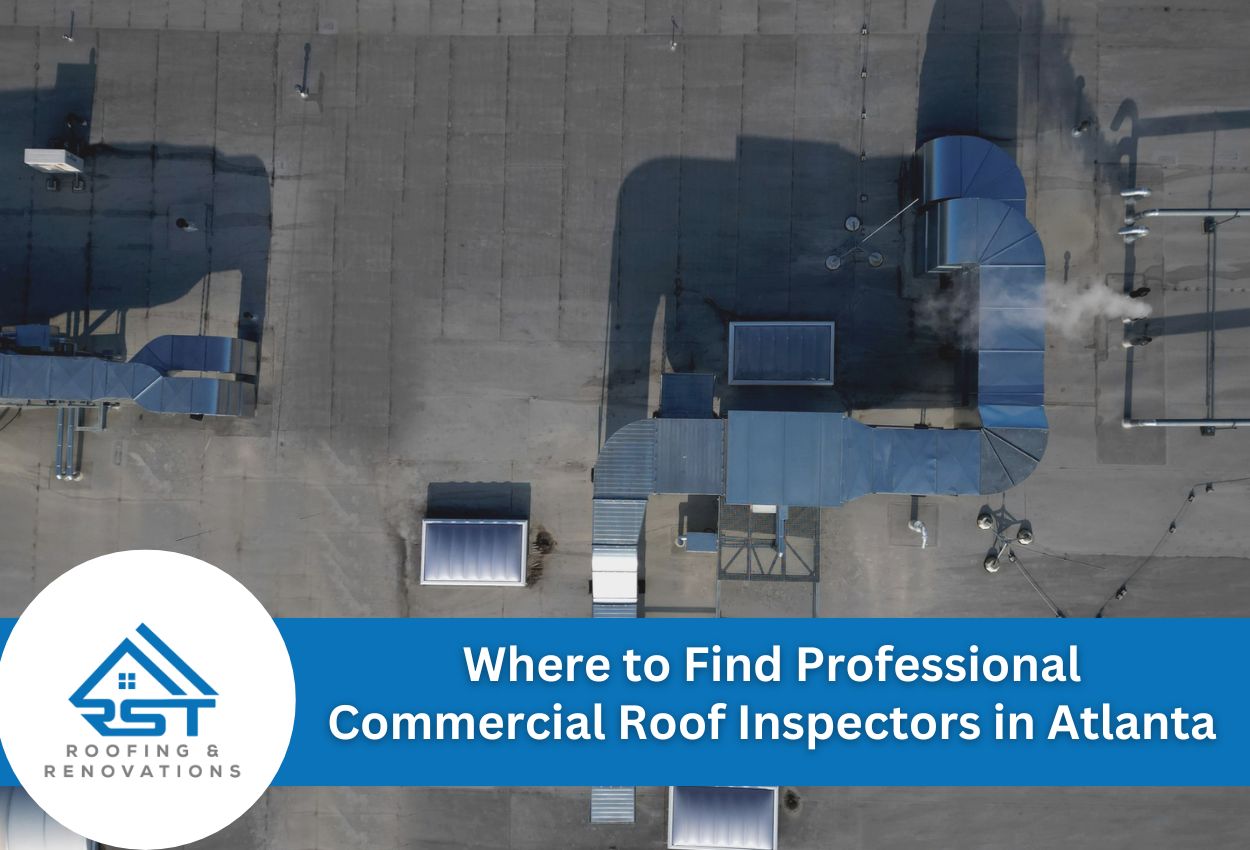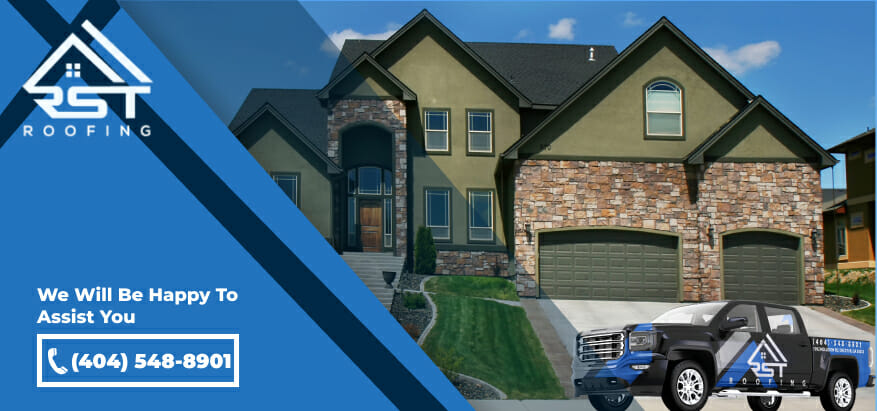Commercial roof inspections serve as a critical safeguard for business owners who want to protect their property and ensure occupant safety. A damaged or deteriorating roof can lead to expensive repairs, insurance complications, and potential liability issues that disrupt daily operations.
Professional commercial roof inspection services provide thorough assessments that identify potential problems before they become expensive emergencies. Certified inspectors possess the expertise to evaluate different roofing materials, drainage systems, and structural components that untrained individuals might overlook.
The process of finding qualified commercial roof contractors requires understanding what credentials and experience matter most. These professionals should carry a license, if required by your municipality, insurance coverage, and certifications from recognized industry organizations. These qualifications demonstrate their ability to conduct comprehensive evaluations and provide accurate recommendations.
Commercial roof inspection companies typically offer detailed reports that document current conditions, highlight areas of concern, and suggest maintenance priorities. This documentation can be used for insurance claims, property transactions, and long-term maintenance planning.
Business owners who invest in regular professional inspections often discover minor issues that cost significantly less to address than major structural repairs. The expertise of qualified professionals helps property managers make decisions about roof maintenance, replacement timing, and budget allocation for future roofing needs.
Qualifications and Certifications to Look For
Commercial roof assessment professionals distinguish themselves from general contractors through specific industry certifications and specialized training programs. Certified commercial roof inspectors typically hold credentials from organizations such as the National Roofing Contractors Association or manufacturer-specific certification programs from major roofing material companies.
Roofing professionals must maintain current state licensing, which ensures they understand local building codes, safety regulations, and industry standards. Commercial roof inspection services should also carry comprehensive liability insurance and workers’ compensation coverage to protect property owners during assessment activities.
Experience levels also matter when selecting qualified commercial roof contractors for inspections. Professionals with at least five years of commercial roofing experience typically possess the knowledge to identify subtle problems across various roofing systems, including TPO, EPDM, modified bitumen, and metal roofing applications.
Specialized training in thermal imaging, moisture detection, and structural assessment separates experienced inspectors from basic contractors. Commercial roof inspection companies often invest in advanced equipment and continuing education to stay current with evolving industry technologies and assessment techniques.
Property owners should verify that potential inspectors understand commercial building systems, drainage requirements, and HVAC interactions that affect roof performance. These qualifications ensure that evaluations address all factors influencing long-term roof integrity and building protection.
Top Sources for Finding Certified Commercial Roof Inspectors
Professional trade organizations serve as excellent starting points when searching for certified commercial roof inspectors. The National Roofing Contractors Association maintains comprehensive directories of qualified commercial roof contractors who meet strict industry standards and certification requirements. These organizations verify member credentials, ensuring that listed commercial roof inspection companies possess proper licensing and specialized training.
Commercial roofing material manufacturers are another valuable resource for locating professionals with advanced certifications. Contractors with certifications from these organizations typically undergo rigorous training programs and continuing education requirements that keep them current with industry best practices and emerging technologies.
Local business networks provide practical referral sources through established professional relationships. Real estate agents regularly work with reliable commercial roof inspection services and can recommend contractors based on actual performance and client satisfaction. Property management companies often maintain preferred vendor lists of qualified inspectors who have demonstrated consistent quality and reliability.
Building managers frequently exchange recommendations with peers through professional associations. These networking connections provide insights into which commercial roof inspection companies deliver thorough assessments and reliable service within specific market areas.
Industry-specific trade publications and online contractor directories help narrow searches by location and specialization. Many certified commercial roof inspectors maintain profiles on construction industry platforms that showcase their qualifications, project experience, and client reviews for easy comparison.
Questions to Ask Before Hiring a Commercial Roof Inspector
Vetting commercial roof inspection services begins with asking specific questions about insurance coverage, bonding, and liability protection. Business owners should verify that certified commercial roof inspectors carry comprehensive general liability insurance with minimum coverage amounts that match their property values. Workers’ compensation coverage protects against potential injuries during inspection activities, while professional liability insurance covers errors or omissions in assessment reports.
Bonding requirements vary by project scope, but qualified commercial roof contractors should provide proof of surety bonds when requested. These financial protections ensure that property owners have recourse if inspection services fail to meet contractual obligations or cause property damage during assessment activities.
Questions about inspection methods reveal important differences between commercial roof assessment professionals. Experienced inspectors should explain their approach to evaluating membranes, flashing details, drainage systems, and structural components. Understanding their reporting standards helps ensure that final documentation meets insurance requirements and provides actionable maintenance recommendations.
Timeline expectations vary based on building size and complexity, but professional commercial roof inspection companies should provide clear scheduling commitments. Weather conditions can affect inspection timing, so asking about rescheduling policies prevents project delays that might impact business operations.
Additional questions should address equipment capabilities, sample report formats, and follow-up consultation availability. These details help distinguish thorough professionals from basic contractors who might provide inadequate assessments that miss critical problems requiring immediate attention.
Red Flags to Avoid When Choosing Roof Inspection Services
Door-to-door solicitation is one of the most significant warning signs when selecting commercial roof inspection services. Legitimate inspectors rarely approach businesses unsolicited, as established professionals typically keep full schedules through referrals and repeat clients. Contractors who appear after storms or severe weather events often use high-pressure tactics to secure immediate commitments before property owners can properly research their credentials.
Asking for payment before the work has been completed indicates potentially fraudulent operators who may disappear once funds change hands. Commercial roofing professionals typically require minimal upfront payments, with most fees due upon delivery of completed inspection reports. Any requests for full payment in advance should trigger immediate concern about contractor legitimacy.
Lack of proper documentation is another red flag when evaluating qualified commercial roof contractors. Reputable companies readily provide current license numbers, insurance certificates, and professional certifications upon request. Contractors who cannot immediately produce these credentials or claim their documentation is “in the office” often lack proper qualifications or insurance coverage.
Extremely low pricing compared to other commercial roof inspection companies may indicate corner-cutting practices or hidden fees that emerge after contract signing. While competitive pricing benefits property owners, quotes significantly below market rates often reflect inadequate service levels or unqualified personnel who cannot deliver comprehensive assessments that meet professional standards.
What is Included in the Professional Commercial Roof Inspection Process
Professional commercial roof inspection services follow specific assessment procedures designed to evaluate every component of roofing systems. Roof assessments begin with setting up safety systems that include fall protection equipment, weather monitoring, and site security measures that protect both inspection personnel and building occupants during evaluation activities.
The standard inspection process typically starts with interior assessments to identify water damage, structural concerns, or ventilation issues that may indicate roof problems. Commercial roof assessment professionals examine ceiling areas, mechanical rooms, and upper floor spaces for staining, moisture, or other signs of roof system failure that require immediate attention.
Qualified commercial roof contractors utilize specialized equipment, including moisture meters, infrared thermal imaging cameras, and core sampling tools to detect problems invisible during visual inspections. These technological tools help identify trapped moisture within roofing membranes, insulation deficiencies, and structural weaknesses that could compromise building integrity over time.
Drone technology has become increasingly common among commercial roof inspection companies, allowing detailed assessments of large or complex roof areas without extensive ladder work or safety risks. High-resolution photos create permanent records of current conditions that support maintenance planning and future insurance claims if needed.
The inspection process concludes with detailed reporting that categorizes findings by severity level and provides specific maintenance recommendations. This provides building owners with actionable information about repair priorities and long-term roofing strategies.
Getting the Most Value from Your Commercial Roof Inspection
Maximizing the benefits of commercial roof inspection services requires strategic preparation that ensures certified inspectors can conduct thorough assessments efficiently. Property managers should coordinate building access, clear roof areas of debris, and provide historical maintenance records before inspection teams arrive. This preparation allows qualified commercial roof contractors to focus entirely on evaluation activities rather than logistical challenges that consume valuable time.
Staff coordination plays a crucial role in facilitating comprehensive assessments. Building managers should designate knowledgeable personnel to accompany inspectors and provide access to mechanical rooms, utility areas, and interior spaces where roof-related issues might appear. This collaboration ensures that inspectors can examine all relevant building systems that interact with roofing performance.
Understanding inspection reports enables property owners to transform professional recommendations into actionable maintenance strategies. Commercial roof inspection companies typically organize findings by priority levels, distinguishing between immediate safety concerns and long-term maintenance opportunities. Learning to interpret these classifications helps building managers allocate budgets effectively and schedule repairs according to actual urgency rather than perceived problems.
Documentation from professional inspections has other purposes beyond immediate maintenance planning. Insurance companies often require current roof assessments for policy renewals, while potential buyers may request inspection reports during property transactions. Maintaining organized records of professional evaluations demonstrates proactive management that can influence insurance premiums and property values positively over time.
Choose RST Roofing and Renovations, LLC for Trusted Commercial Roof Inspections in Atlanta
If you’re seeking reliable commercial roof inspection services in Atlanta, look no further than RST Roofing and Renovations, LLC. Our team of certified commercial roof inspectors is equipped with the latest technology and follows stringent safety protocols to ensure your commercial property’s roof is in optimal condition. Protect your investment and ensure the safety of your building with a comprehensive roof inspection from our qualified professionals.
Call us today at (404) 548-8901 to schedule your professional roof inspection and gain peace of mind knowing your property is in expert hands. Trust RST Roofing and Renovations, LLC to provide you with detailed assessments and practical maintenance recommendations, ensuring your roof’s long-term performance.





